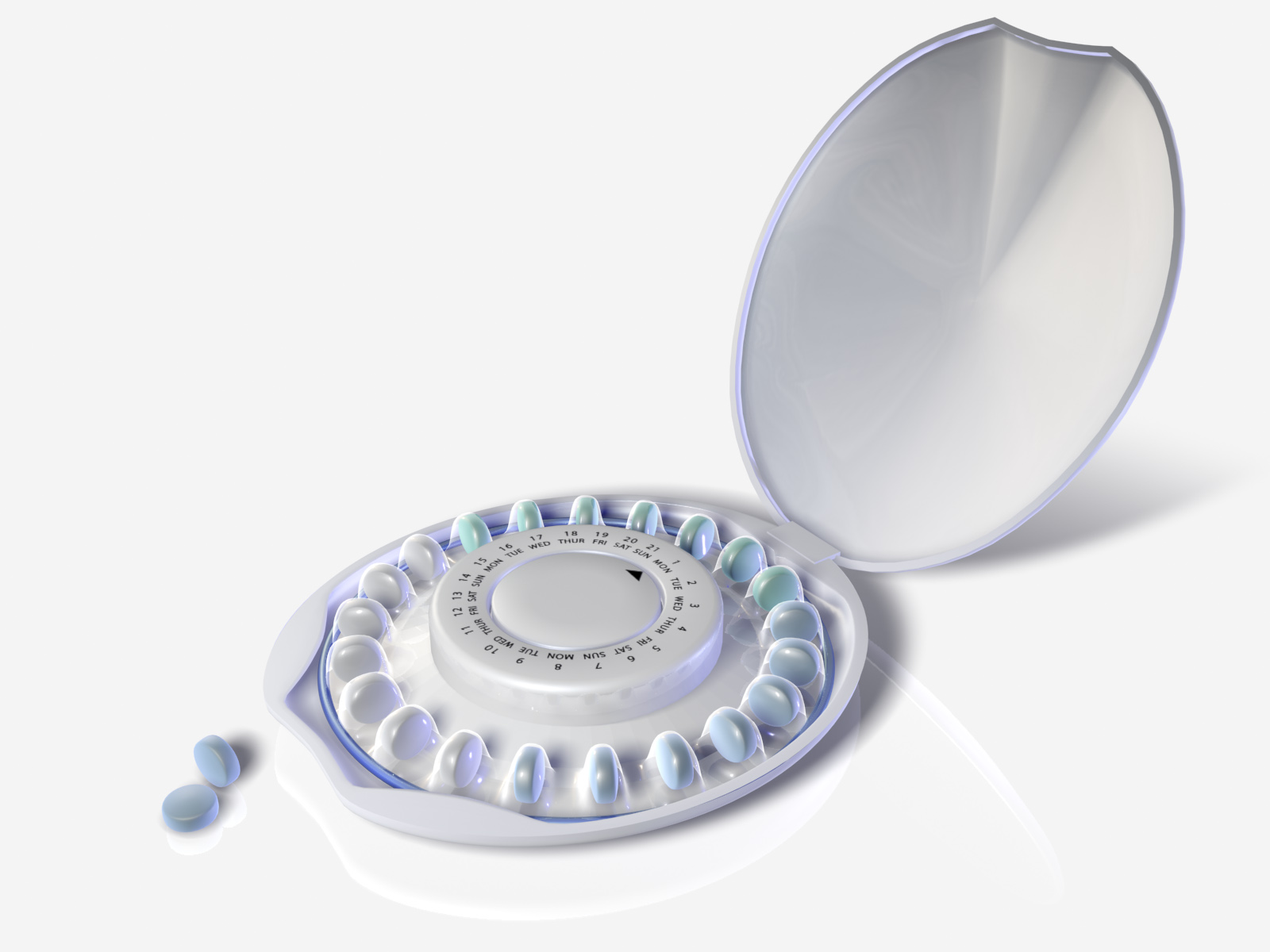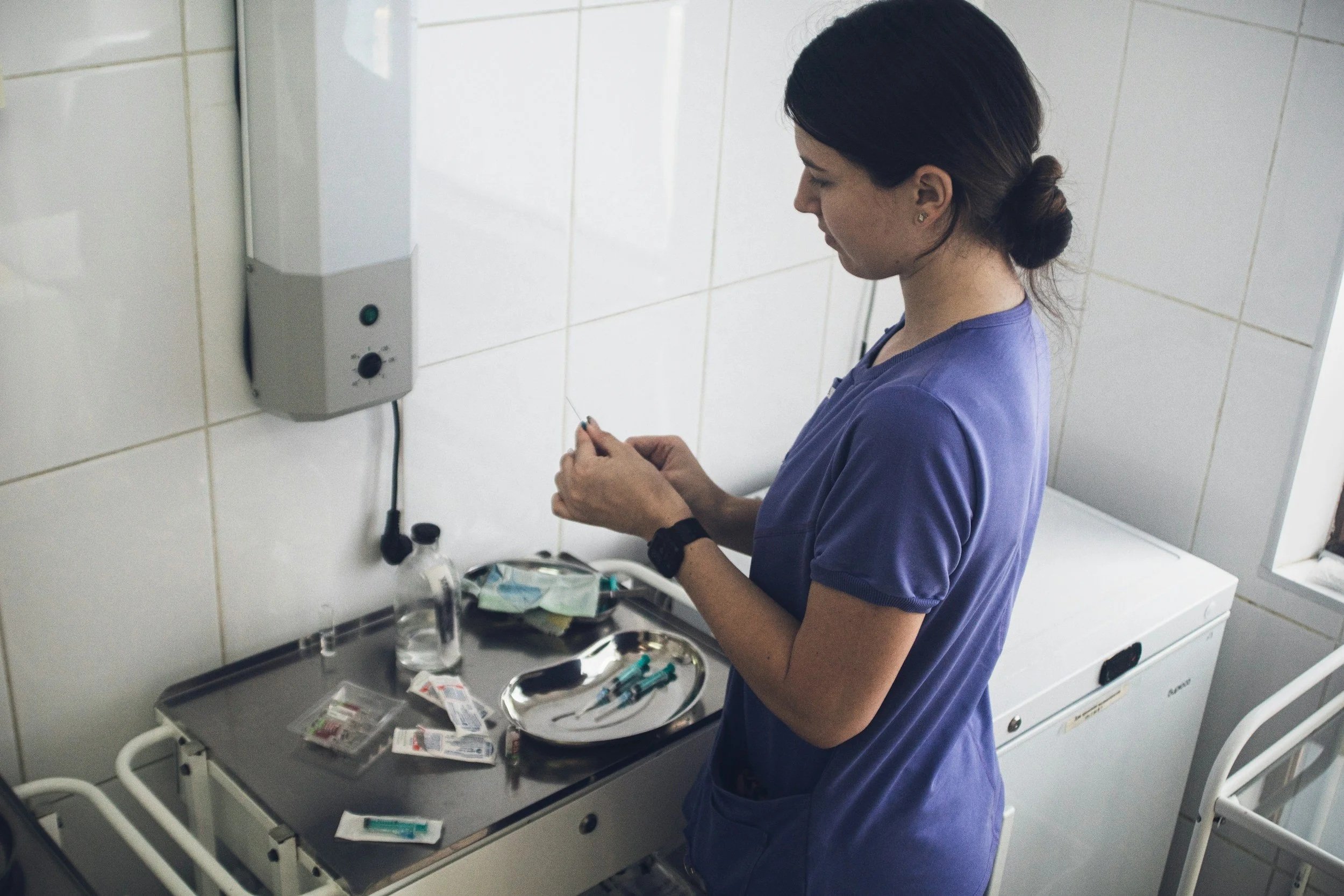Many women in their 20s and 30s who aren’t ready to have to have a baby right now are on hormonal birth control, such as the pill, the patch, or the ring, and are wondering if they’ll need to stop taking birth control in order to freeze their eggs.
First things first: You don’t need to go off your birth control to get your fertility tested.
You can stay on birth control to get your AMH - a key fertility hormone - tested.
If you’re curious about egg freezing—or just want to understand your fertility a bit better—it’s smart to get your fertility tested sooner rather than later. There’s no need to go off birth control, take nutrition supplements, or prepare in any special way before you schedule a fertility assessment. At a fertility assessment, you’ll have a blood test to measure your anti-Mullerian hormone (AMH) level, and an ultrasound. Together, these two tests will determine your “ovarian reserve,” or how many eggs you have left, and how effective egg freezing may be for you.
While some studies have concluded that use of birth control doesn’t lower AMH levels, others have concluded the opposite. The best answer we can give right now is that birth control may decrease AMH levels slightly, for a short time, and this effect might depend on the person or even the type or brand of birth control they’re using. If it turns out that your results are unusually low, a physician may recommend you go off birth control for 2–3 months and test again. But you’re just as likely to not need to do that, so for most women, it’s not worth the hassle to go off birth control before fertility testing.
Once you begin the egg freezing cycle, then you will need to stop taking your birth control—but you can resume after the retrieval.
You’ll need to stop hormonal birth control before freezing your eggs.
The medications used during your egg freezing cycle prompt your ovaries to produce multiple eggs during one menstrual cycle; hormonal birth control, on the other hand, is intended to prevent ovulation. For that reason, you will need to stop taking hormonal birth control during your egg freezing cycle. However, you can stay on your birth control during the initial testing and consultation period leading up to the cycle, which can even help you time the cycle to your personal schedule. Once you’re done with the retrieval, you can resume taking birth control on your next period.
Have an IUD? No problem! IUDs can stay in during egg freezing.
Good news: IUDs—both hormonal and copper—can stay in! IUDs don’t prevent ovulation, so they don’t interfere with the stimulation of egg production the way the Pill does. And the egg retrieval is performed via a needle that goes through the wall of the vagina, so there’s no chance of the IUD getting in the way.
Some studies have concluded that hormonal birth control use directly prior to a stimulation cycle can potentially slightly suppress your response to egg freezing medications. This may be important for women with lower AMH levels who are expected to produce a lower number of eggs during an egg freezing cycle. For women with high AMH levels who are already likely to freeze a high number of eggs, birth control use prior to stimulation may not be important at all. If you use hormonal birth control and you’re considering freezing your eggs, definitely talk to your reproductive endocrinologist to understand what’s best for you.
Your doctor will help you plan when to go off birth control in order to start your egg freezing cycle.
It’s important to use barrier contraception, like condoms, during and after your cycle. While egg freezing cycles are very carefully timed, using medication to prompt the ovaries to “release” the eggs at just the right time for the retrieval, there’s always a small chance of pregnancy if you have unprotected sex.
Hormonal birth control won’t affect your long-term fertility.
Many women are also concerned that long-term hormonal birth control may affect their fertility or the results of their egg freezing cycle. The good news is that hormonal birth control doesn’t have a long-term effect on fertility. Most hormonal birth control medications metabolize and clear out of the system within a few months of stopping them. Women who previously used hormonal birth control get pregnant at the same rates as other women their age.
Dr. Joshua Klein is an accomplished board-certified reproductive endocrinologist and assistant professor of Obstetrics, Gynecology, and Reproductive Science at the Icahn School of Medicine at Mount Sinai. He earned his medical degree at Harvard University, completing his residency in Obstetrics, Gynecology and Reproductive Biology at Massachusetts General and Brigham & Women’s Hospitals, and his fellowship in Reproductive Endocrinology and Infertility at Columbia University. He is passionate about helping women understand their fertility and make smart, informed, and individualized decisions about their options for planning a family.
Learn more about Extend Fertility on Freeze.
Save 20% on AMH + Fertility Testing
Save 20% with code “FREEZE” on Women's Fertility AMH Test and Women's Fertility Ovarian Reserve Test.





































